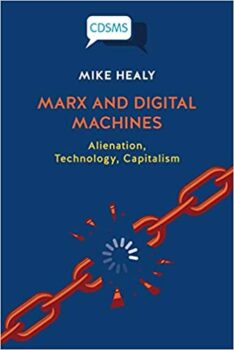27 January 2022 — Review of African Political Economy
Marxism, we are told, is Eurocentric and has lost much of its appeal in the eyes of many scholars and activists. Some have even denounced Marxism as a racist theory, irrelevant to the study of Africa. Vladimir Lenin is implicated in this critique. In a far-reaching study of Lenin’s ideas, Joe Pateman argues Lenin placed Africa at the centre of his analysis of imperialism and contemporary capitalism. Here, the author reflects on the key aspects of his analysis. Following this, Pateman’s full article in the ROAPE journal can be accessed for free.
By Joe Pateman







 Paul Burkett
Paul Burkett